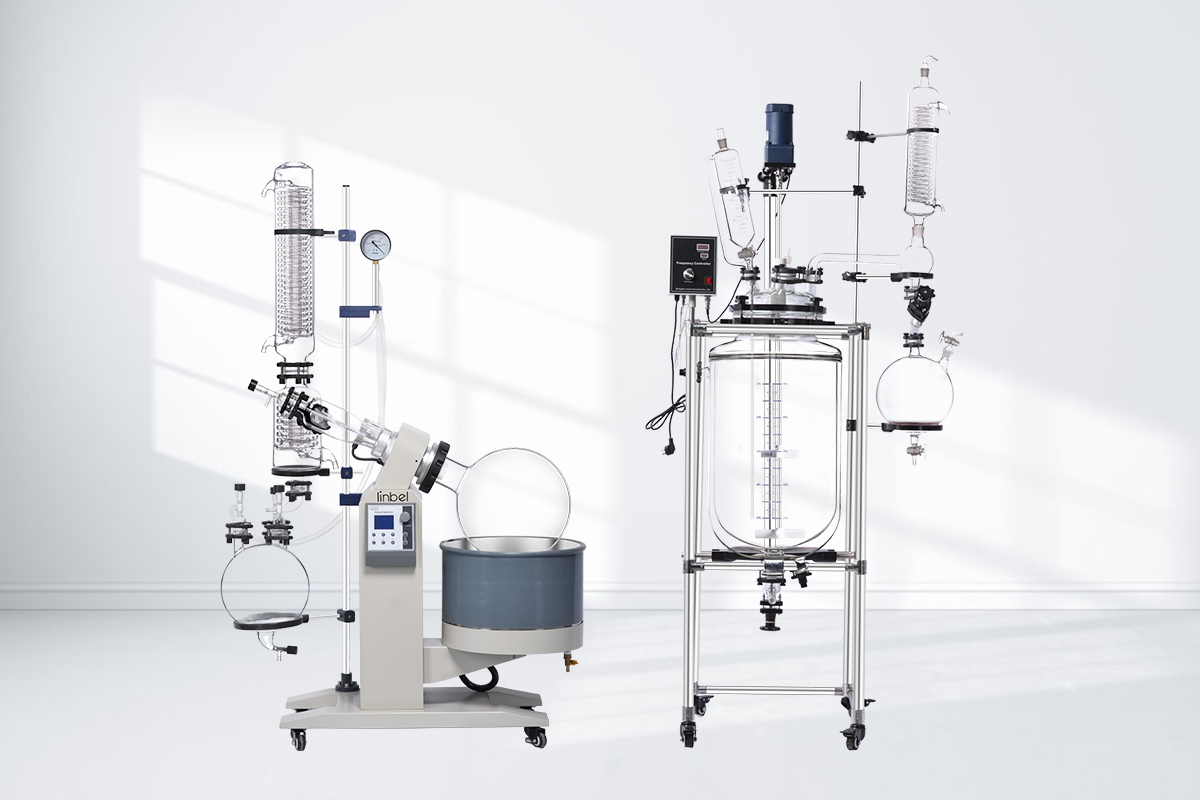Sometimes when we do experimental research, we will use the reactor for work, and there are many kinds of reactors, among which the most commonly used is the glass reactor. Today, let's talk about the difference between glass materials in glass reactor.

The glass reactor adopts a new type of high borosilicate glass. Borosilicate heat-resistant glass belongs to "cooked glass", which is quite expensive and fully meets the environmental protection detection standards. Due to its performance requirements of high temperature resistance and instantaneous temperature difference resistance, high borosilicate material is used to replace a large number of harmful heavy metal ions such as lead and zinc in "raw glass", so its brittleness and weight are far less than that of ordinary living "raw glass", and it is guaranteed that there will be no explosion under the sudden change of instantaneous temperature difference, Its weight is much lighter than the general "raw glass" containing more heavy metal ions. It is also different from ordinary glass in appearance. It is visually separated from the hard and brittle feeling of "raw glass". High borosilicate glass is mainly used in glass instruments, daily glass, chemical equipment and other fields.
For example, the glass water cup we usually use is also made of high borosilicate material. In fact, among all kinds of cups, glasses are healthy. Because there are no organic compounds in the glass, when people drink water or other drinks with the glass, there is no need to worry about harmful chemicals entering the stomach. The surface of the glass is smooth and easy to clean. Therefore, drinking water with the glass is healthy and safe.
1. Material composition: high borosilicate glass contains more boron trioxide and silicon dioxide than ordinary glass, with boron content of 14% and silicon content of 80%. Ordinary flat glass contains more than 70% silicon. Ordinary glass generally does not add boron, but sometimes more than 1%.
2. Glass properties: Gaopeng glass has low expansion coefficient, high softening point and good quench and heat resistance. Its expansion coefficient is between 32 ~ 33 * 10(-7), and that of ordinary glass is about 80 ~ 100 * 10(-7); The quench and heat resistant temperature is about 200 ~ 300 ℃.
The above is the relevant content about the difference between glass materials of glass reactor brought to you by Linbel Instrument. If you have any questions, you can contact us at any time, and we will serve you wholeheartedly.